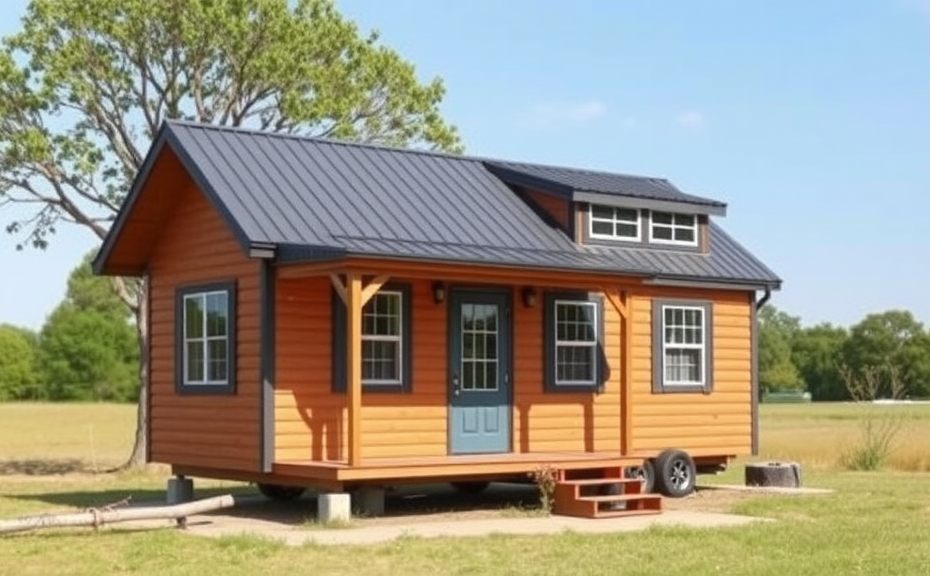In recent years, tiny homes have gained popularity across the United States, including Alabama. However, navigating Alabama state laws regarding tiny homes can be complex. Understanding the regulations is crucial for individuals looking to downsize their living situation or seeking affordable housing options.
Alabama does not have a state-wide tiny home law, but local municipalities have established their own regulations. This means that zoning laws and building codes can vary significantly from one city to another. Prospective tiny home owners should research local ordinances to determine what is permissible within their chosen municipality.
- Building Codes: Tiny homes in Alabama are often classified as mobile homes or recreational vehicles (RVs), which means they must comply with certain standards. It’s essential to check the local building codes to ensure your tiny home meets safety standards.
- Zoning Laws: Many cities require tiny homes to be placed in designated areas. You may need to secure a zoning permit, especially if you plan to park your tiny home on private property.
- Occupancy Regulations: Check occupancy limits in your area, which can impact how many people can live in a tiny home.
- Utilities and Permits: Connecting to utilities like water and electricity may require additional permits and inspections, depending on your locality.
Additionally, associations and networks focused on tiny living in Alabama can provide valuable resources and advocacy. Engaging with these communities can help navigate the complexities of local laws.
In conclusion, while Alabama state laws regarding tiny homes may present some challenges, conducting thorough research and understanding local regulations can facilitate a smooth transition to tiny home living. Always consult with local officials or legal advisors to ensure compliance with all requirements.
